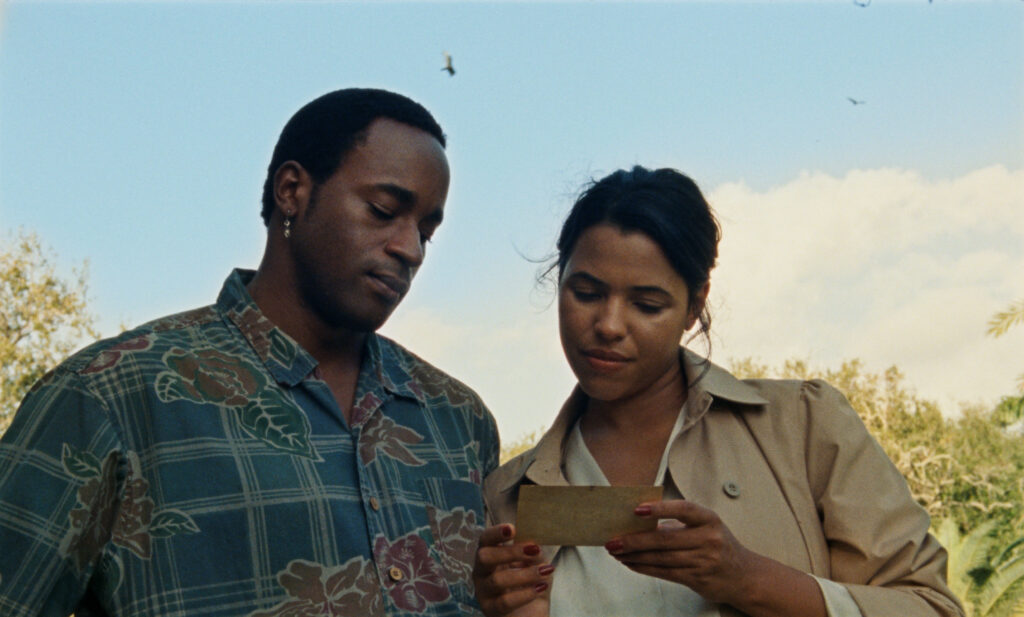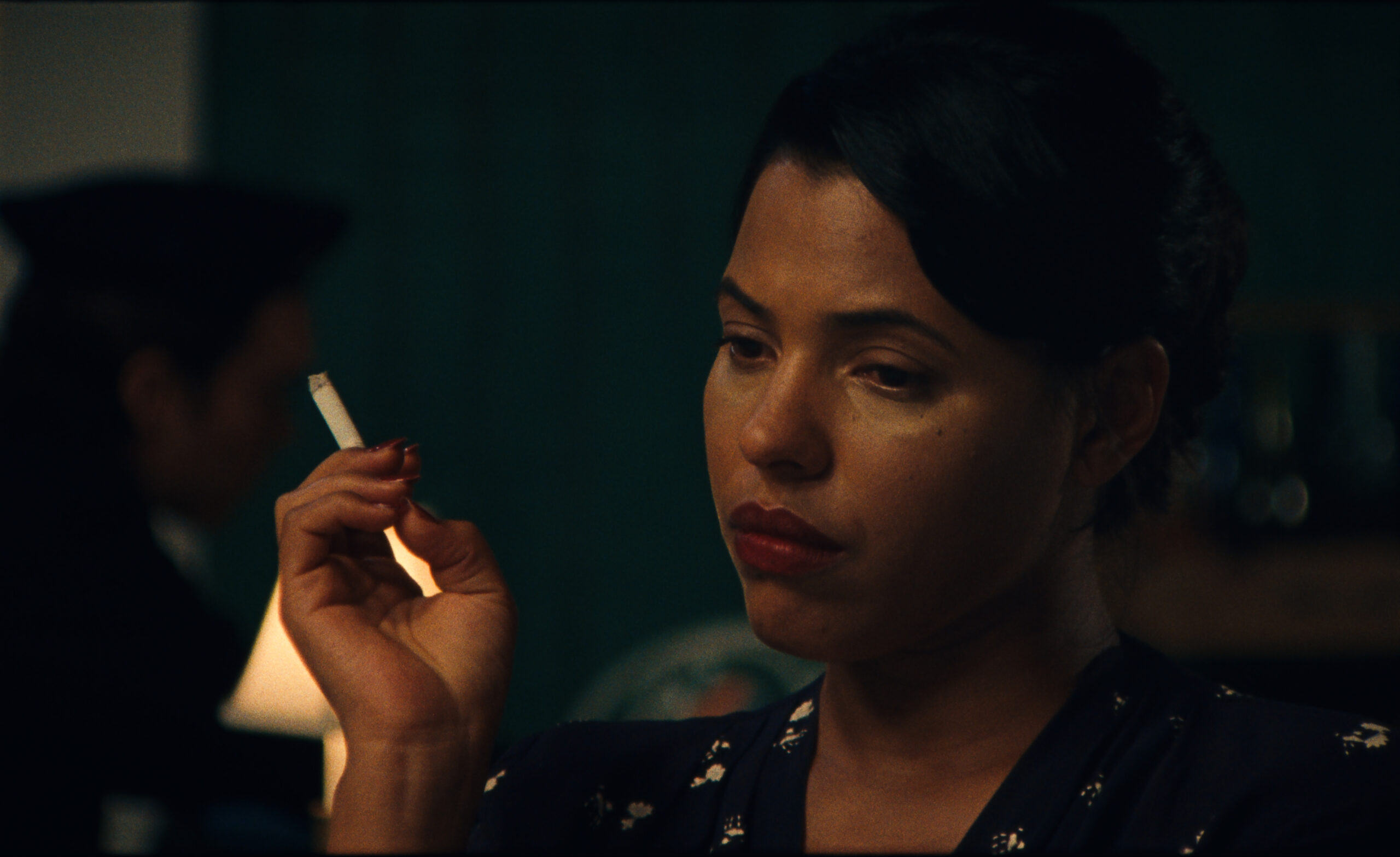The Ballad of Suzanne Césaire: A Poetic Tribute to Afro-Caribbean Surrealism
When I watched The Ballad of Suzanne Césaire, I wasn’t sure what to expect. Suzanne Césaire, a revolutionary writer and co-founder of the influential Tropiques magazine, is not a household name, but her contributions to Afro-Caribbean surrealism are nothing short of monumental. Madeleine Hunt-Ehrlich’s debut film is a 75-minute, visually stunning ode to this remarkable woman’s life, one that left me both inspired and reflective.
This isn’t your typical biographical film. Hunt-Ehrlich opts for a poetic, metafictional essay style that mirrors the surrealism Suzanne championed. Rather than presenting her story in a linear format, the film invites you to immerse yourself in her world through fragmented narratives, testimony from her descendants, and the lush backdrop of Martinique’s tropical beauty. It’s a film that doesn’t just tell her story but asks us to feel it—and I felt it deeply.

Exploring the Legacy of The Ballad of Suzanne Césaire
Suzanne Césaire’s radical voice is alive in this film. Her writings, which shaped her legacy, are central to the narrative. She wasn’t just a writer; she was a revolutionary. Suzanne used her words to fight colonialism and create a space for Afro-Caribbean identity. Hunt-Ehrlich doesn’t merely document her contributions. Instead, she elevates them with every shot.
The use of light, shadow, and Martinique’s vivid landscapes enhances the story’s poetic nature. As someone deeply passionate about storytelling and cultural identity, I was moved by how these elements came together. Suzanne’s words aren’t relics of the past. Instead, they are revolutionary tools that remain relevant today. Particularly in this era of social justice movements, her voice feels more important than ever.
A Visual and Emotional Feast
What stood out to me most was the film’s ability to capture the essence of Martinique. The island itself becomes a character. Its verdant greens and tropical light mirror Suzanne’s vibrant imagination. Zita Hanrot’s portrayal of Suzanne is captivating. Her quiet strength and expressive presence give the character depth and humanity.
The film doesn’t shy away from the unknowable aspects of Suzanne’s life. Instead, it respects them. There’s something profoundly moving about leaving space for mystery. It acknowledges that some parts of history are too sacred or complex to simplify. Hunt-Ehrlich’s choice to embrace this made the experience even more poignant.
Why The Ballad of Suzanne Césaire is a Must-Watch
The Ballad of Suzanne Césaire isn’t just a film; it’s an experience. It invites viewers to reflect on the legacies we inherit and the stories we must tell. For anyone who values art, history, or activism, this is a must-watch. It reminds us of the power of words and the enduring beauty of resistance. Most importantly, it highlights the significance of preserving voices like Suzanne’s.
As someone passionate about uplifting marginalized voices, I can’t recommend this film enough. It’s a love letter to a woman who dared to dream. Moreover, it inspires us all to keep dreaming—and fighting—for a better world.
For additional insights into Suzanne Césaire’s work and Tropiques, check out this article on her contributions.
For more reviews of culturally rich films, check out my pop culture section on DG Speaks.




